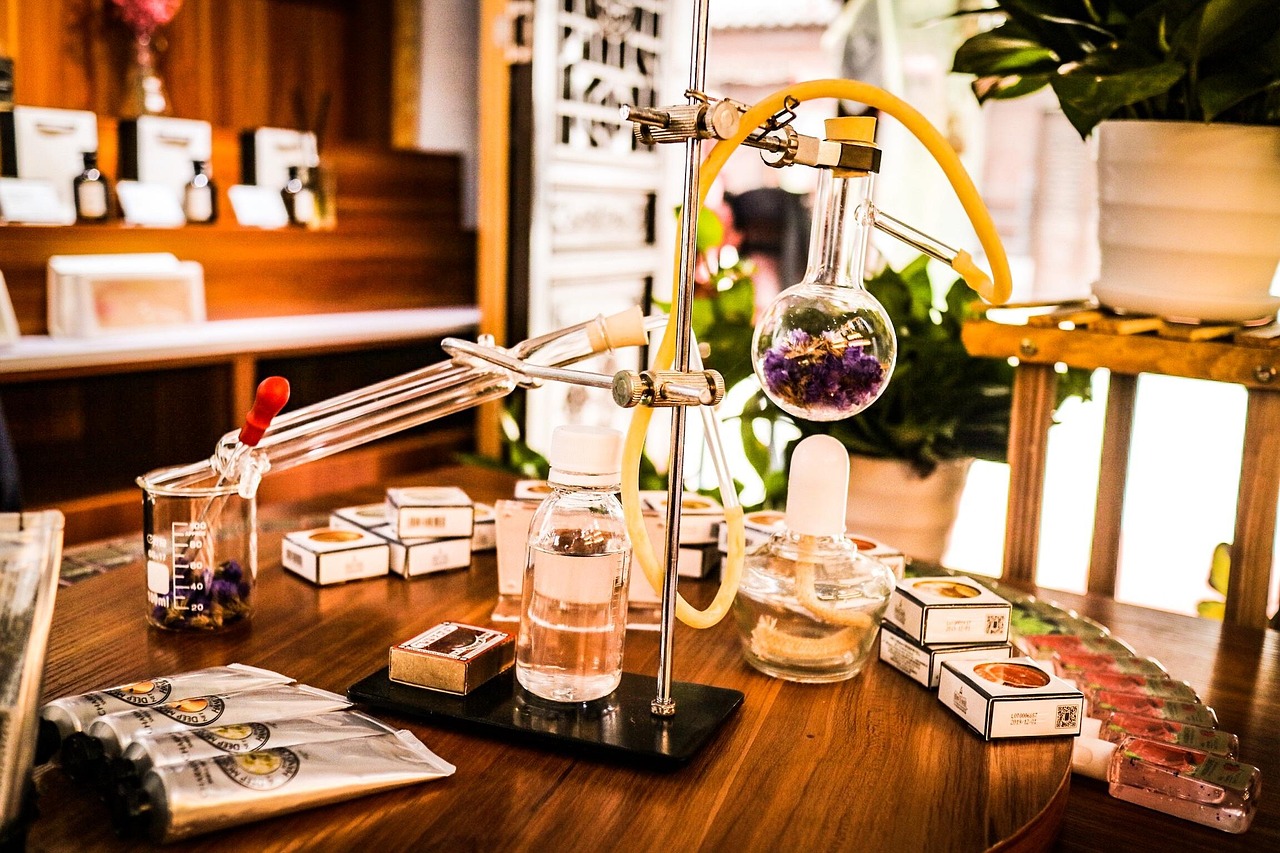Table of Contents
Skin care is more than a fleeting beauty trend—it’s a form of self-care that mirrors how we treat and guard our body’s largest organ. With exposure to pollution, sunlight, stress, and extreme weather daily, our skin laboriously works to protect us. In return, it needs attention, care, and consistency. A considerate skin care routine does not merely beautify—it promotes long-term skin health and confidence.
Why Skin Care Matters
Healthy skin is a reflection of wellness. It controls body temperature, keeps infection out, and protects against environmental aggressors. Taking care of your skin isn’t just stopping future problems like premature aging or acne in their tracks; it’s also creating a little window of calm in your day that your mind and body will appreciate.
Understanding Your Skin Type
Prior to establishing a routine, it is vital to know about your skin type:
- Normal: Well-balanced, not oily or dry, few blemishes.
- Oily: Shiny, large pores, and blackheads.
- Dry: Flaky, rough, or tight skin.
- Combination: Oily in the T-zone, dry or normal elsewhere.
- Sensitive: Irritates easily, tends to react to products.
- Every type has specific requirements, and selecting products accordingly makes all the difference.
Core Steps for Healthy Skin
Cleansing
A mild cleanser wipes away dirt, oil, and makeup without drying out your skin’s natural moisture. Select one appropriate for your skin type—foaming for oily, cream-based for dry or sensitive.
Toning
Toners assist in restoring the skin’s pH balance and eliminating any remaining impurities. Moisturizing toners can calm and prepare the skin for improved product penetration.
Moisturizing
Even oily skin requires moisture! Moisturizing the skin retains its protective barrier and keeps it soft, supple, and young.
Sun Protection
Sunscreen is not optional. Daily SPF guards against damaging UV rays that bring on aging, sunspots, and skin cancer—even on cloudy days.
Extra TLC: Treating Specific Concerns
Acne: Find salicylic acid, benzoyl peroxide, or tea tree oil.
Aging: Try retinol, peptides, and antioxidants such as vitamin C.
Hyperpigmentation: Try niacinamide, glycolic acid, and licorice extract to evening out your tone.
Dryness or irritation: Ceramides, hyaluronic acid, and aloe vera are besties to your skin.
Healthy Habits for Glowing Skin
Keep drinking water to maintain hydration.
Feed your body well with fruits, vegetables, and healthy fats.
Sleep well since your skin reproduces overnight.
Do not smoke and reduce your alcohol intake as they destroy the structure of your skin.
Minimize stress levels since they might cause skin conditions such as eczema and acne.
Conclusion
Skin care isn’t about perfection—it’s about protection, care, and patience. By tuning into your skin’s needs and building a routine that suits your lifestyle, you’re investing in your long-term health and self-confidence. Remember: beautiful skin begins with healthy habits and consistency, not expensive products or quick fixes. Start simple, stay kind to your skin, and let your natural glow shine through.

